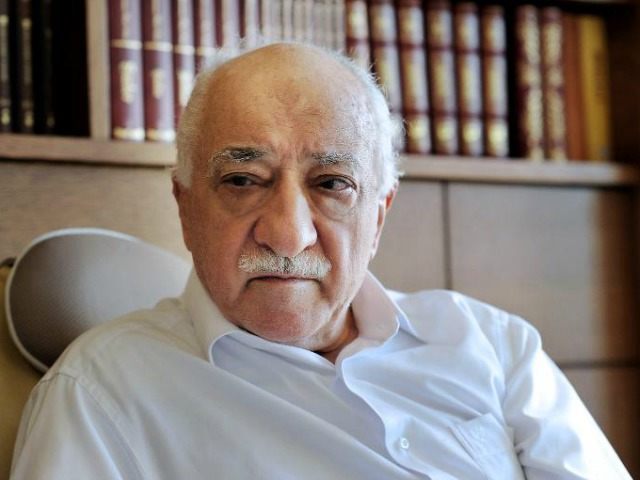Turkey has demanded the extradition of imam Fethullah Gulen, who has been living in the United States since the turn of the millennium, to face charges for masterminding the failed July 15 coup attempt.
Increasingly strident demands from the government of President Recep Tayyip Erdogan culminated on Wednesday with Erdogan himself saying it would be a “big mistake” for the U.S. to refuse extradition.
Turkish Prime Minister Binali Yildirim warned there “could even be a questioning of our friendship” if the U.S. didn’t hand Gulen over.
The New York Times cites Erdogan’s claim that thousands of Turkish citizens, including “soldiers, policemen, bureaucrats, teachers, judges, lawyers and many more professions,” are part of the Gulenist movement, which Erdogan views as an insurgent conspiracy. The Turkish government has evidently taken to referring to Gulen’s followers as the “Fethullah Terrorist Organization.”
Many outside observers think Erdogan is essentially correct about the Gulenists, and they worry about the money and influence Gulen has amassed during his years in the United States.
The Times notes, however, that in happier times, some U.S. officials embraced Gulen as a “moderate Islamic leader: someone who promotes interfaith dialogue, leads a worldwide network of charities and secular schools, favors good relations with Israel and opposes harder-line Islamist movements like the Muslim Brotherhood and Hamas.”
The Turkish government actually sent a dossier of evidence about Gulen’s alleged involvement in the coup to the U.S. State Department earlier this week. The White House said the Justice and State Departments would review these materials as Gulen’s extradition is considered.
Turkey’s Andalou News Agency claims that President Obama personally discussed extraditing Gulen in a phone call with Erdogan on Tuesday. While there was definitely a telephone conversation between the two presidents, Andalou may be reading too much into the exchange, given the White House’s insistence that extradition would involve a lengthy legal process.
The NYT notes that pro-Erdogan media in Turkey has been floating conspiracy theories that the U.S. government was behind the coup and wanted to “assassinate” Erdogan. Such headlines could be a way of exerting pressure on the U.S. to extradite Gulen.
For his part, Gulen dismissed the extradition demands as a “political vendetta” in a statement released by the Alliance for Shared Values, which the Philadelphia Inquirer describes as “a nonprofit based in New York City that promotes Gullen’s philosophy.”
“Turkish President Recep Tayyip Erdogan today once again demonstrated he will go to any length necessary to solidify his power and persecute his critics,” read Gulen’s statement. “It is ridiculous, irresponsible, and false to suggest I had anything to do with the horrific failed coup. I urge the US Government to reject any effort to abuse the extradition process to carry out political vendettas.”

COMMENTS
Please let us know if you're having issues with commenting.